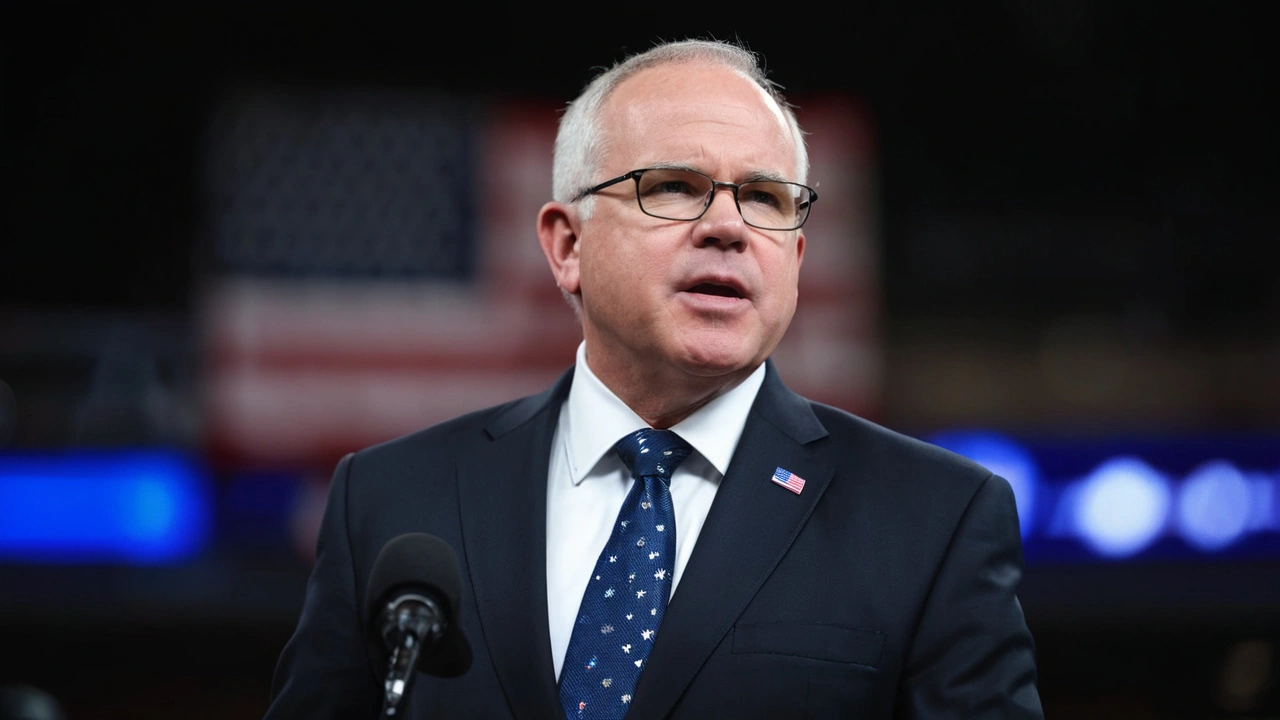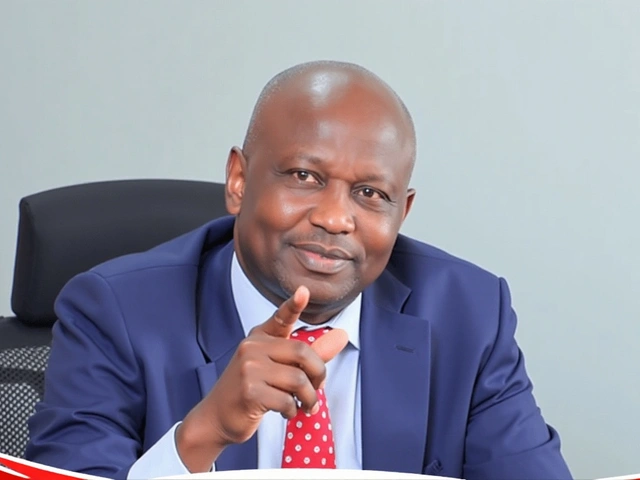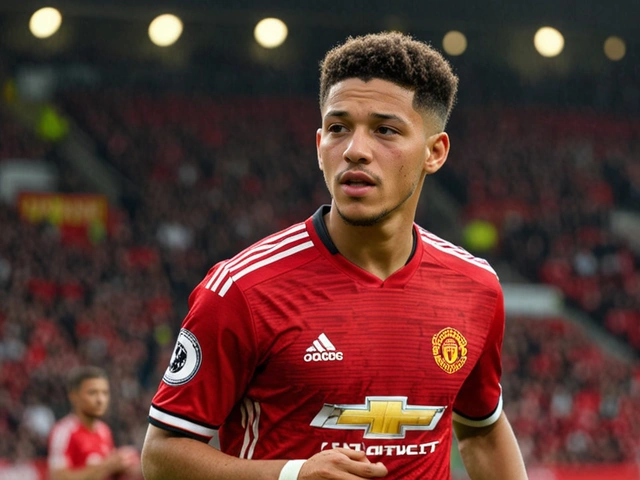2024 Elections and the Future of Urban Agriculture in Africa
When you hear “election,” you might picture campaign rallies, debates, and polling stations. But for anyone growing food on rooftops, balconies, or community plots, the vote is a huge deal. The policies that win or lose in 2024 will decide if cities get more land for farms, better water infrastructure, or tax breaks for growers.
Most African cities are already feeling pressure from rapid growth. More people mean more demand for fresh, affordable food. Urban agriculture has become a practical answer, but it still needs supportive rules to thrive. That’s why keeping an eye on the upcoming elections matters for anyone with a garden in the city.
Why elections matter for city farms
First, elections decide who writes the rules. Candidates who understand the value of local food often propose zoning changes that let residents turn unused lots into gardens. They may also push for subsidies that lower the cost of seeds, compost, and irrigation kits. In places like Nairobi, Kampala, and Lagos, a single policy shift can add thousands of new garden spaces.
Second, funding follows politics. When a government vows to invest in sustainable development, ministries allocate budget to projects that include urban farming. That can mean grants for community cooperatives, training programs for young farmers, or new water‑reuse systems that cut down on expensive municipal water.
Third, elections influence land‑use planning. In many cities, the battle over vacant land pits developers against community growers. Politicians who back local food security can use planning tools to protect fertile spots from being turned into shopping malls.
What to watch in the 2024 race
Look for candidate platforms that mention food security, climate resilience, or green jobs. In South Africa, a growing number of parties are adding urban agriculture to their manifestos, promising job creation for youth through city farms. In Ghana, the discussion is shifting toward “smart farms” that combine technology with traditional planting.
Pay attention to party pledges on water management. Access to clean, affordable water is a make‑or‑break factor for rooftop gardens. Candidates who propose rain‑water harvesting incentives or subsidies for low‑cost drip systems are directly supporting growers.
Don’t ignore local council elections. While national leaders set the big picture, city councilors control zoning maps and local permits. A council member who backs a community garden can fast‑track approvals, saving months of bureaucracy.
Finally, watch the voter turnout in urban neighborhoods. Higher participation often pushes politicians to address city‑specific issues, including food access. If you’re involved in a garden group, consider organizing voter registration drives – it’s a direct way to make your voice count.
In short, the 2024 elections are more than a political event; they’re a chance to shape the food landscape of Africa’s growing cities. By staying informed and voting for candidates who prioritize sustainable, local food systems, you help ensure that urban agriculture gets the legal and financial support it needs to feed millions.
Ready to make a difference? Keep an eye on the policy promises, follow local council races, and talk to your neighbors about why a vote for green policies is a vote for fresh food on every balcony.






